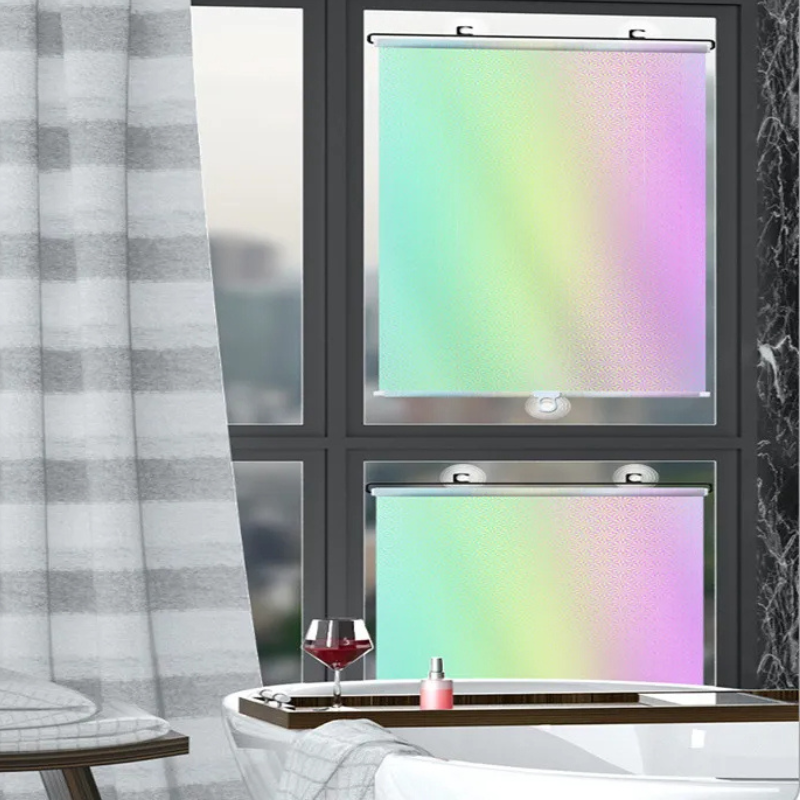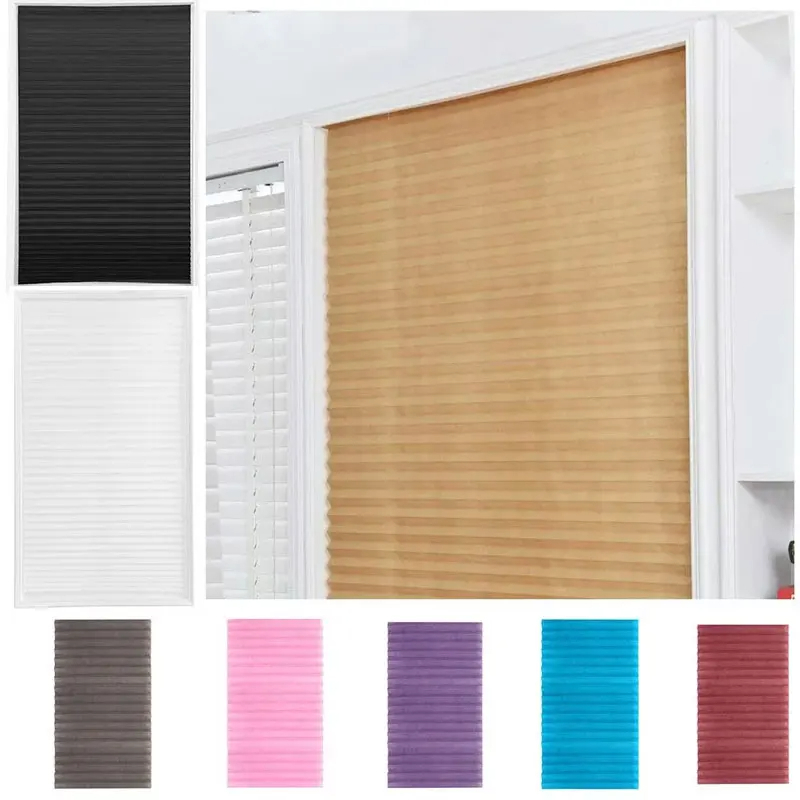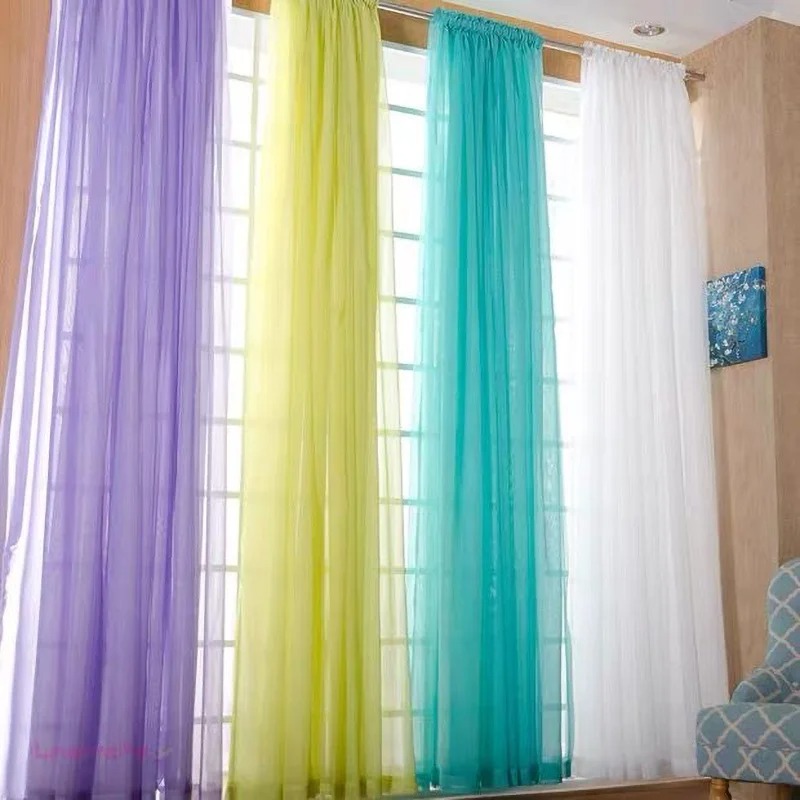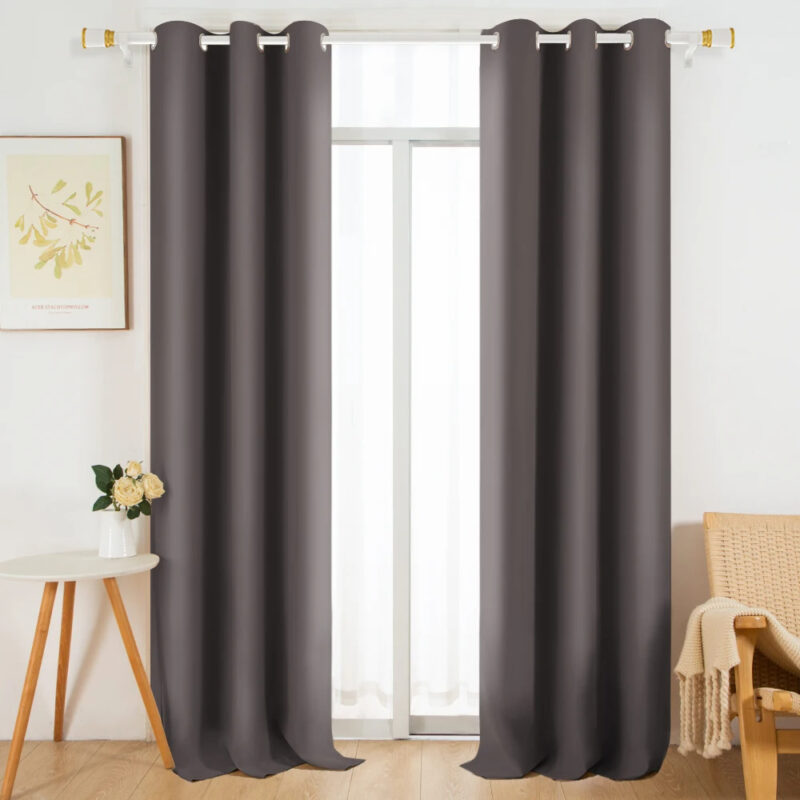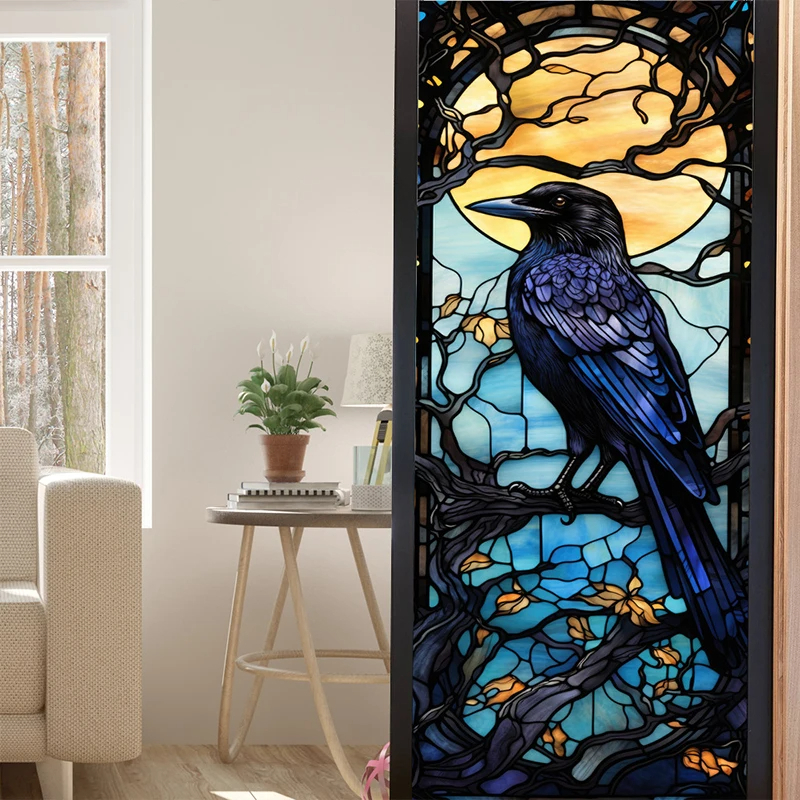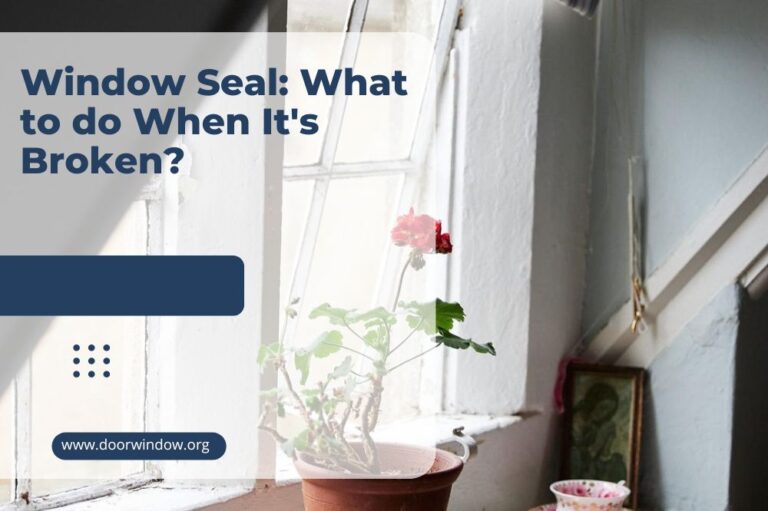Can A Window AC Unit Get Wet? (Answers & Solutions)
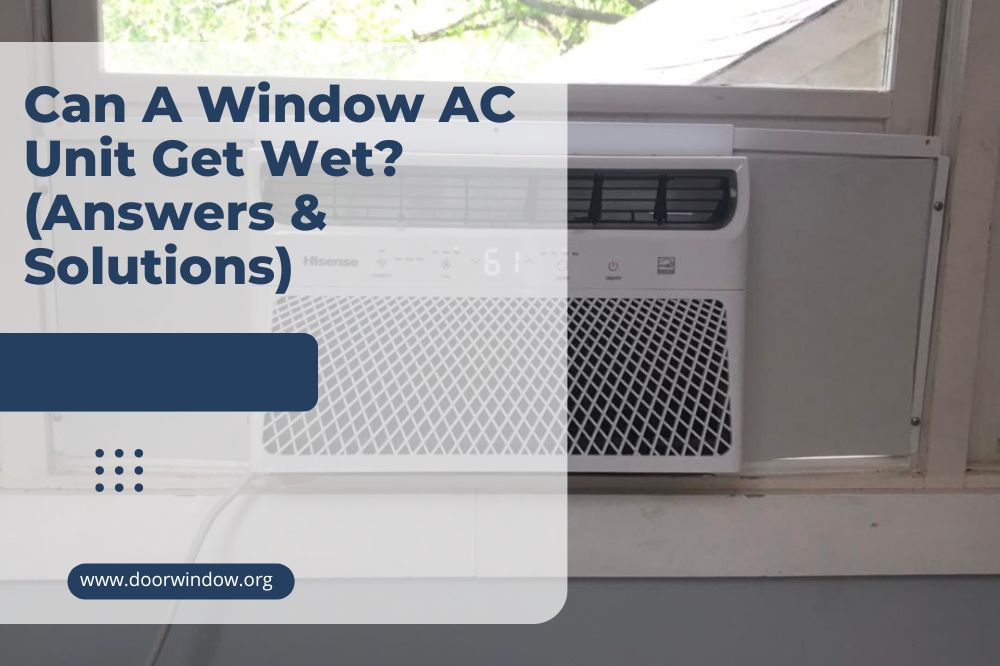
If rain starts to fall and you own a window air conditioner, you might be thinking: can my window AC unit get wet?
While it is possible for some rainwater to get into your unit if you don’t cover it with a tarp or other protective covering, most air conditioners are made to handle getting wet without getting damaged.
In this article, we’ll talk further about whether or not this is actually dangerous for your window AC units and what steps you can take if yours gets wet so that it functions correctly.
Will The Rain Damage A Window Air Conditioner?
The short answer is no; the rain will not damage your window air conditioner. They are made of aluminum, metal, or copper and can withstand elements.
However, if you do not take care of your unit and keep it clean, the rain can cause mold and mildew to develop inside the unit’s fins. This can cause a problem when you need to replace your unit because it has been damaged by the accumulation of mold and mildew.
The best way to prevent this problem is to regularly clean your air conditioner’s fins with warm water and a mild soap solution. You should also ensure that you keep any plants or trees away from your window air conditioner so that they don’t block airflow into or out of the unit. It’s also a good idea to plan ahead and cover your air conditioner with a tarp or other protective covering if you know rain is coming.
If your window air conditioner got full water after heavy rain, there’s probably a problem with your draining system. A drainage system prevents water from pooling inside, so there should be no water in the unit’s interior at all.
Are Window Air Conditioners Waterproof?
Yes. Window air conditioners are waterproof.
Window AC units are designed to be used in various environments, including those exposed to rain and moisture. It is safe to use your window AC unit in any weather as long as you don’t put them directly on the water! Although waterproof, you cannot let your AC unit underwater, especially when there is severe flooding.
If you live in an area that experiences heavy rainfall or where flooding is common, you may want to consider a portable AC unit instead of a window model. Portable air conditioners are more expensive than their window counterparts but offer the same cooling power. Plus, they can be moved from room to room as needed.
While some models may not be as resistant to water damage as others, most will work just fine in wet conditions. However, if your air conditioner does not indicate waterproofing, you should assume that it’s not waterproof and take extra precautions to protect it from water damage. So the question is more about whether or not it will break if you use it in a wet environment or during thunderstorms and high winds.
There is also one caveat for window air conditioning units: they must be installed correctly and in accordance with the manufacturer’s instructions. If they aren’t installed correctly, they can leak and cause water damage to your home.
So what is likely to damage your window air conditioner, then?
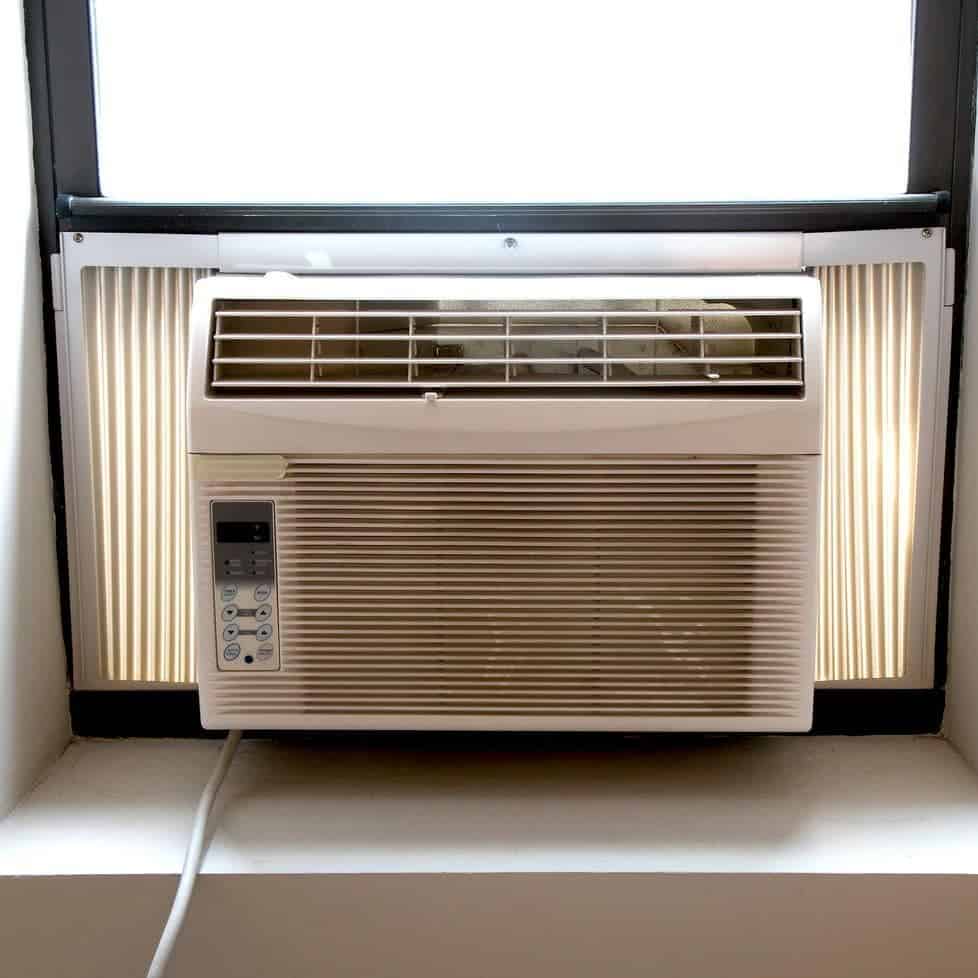
What Will Damage Your AC?
- Dust and dirt. Air conditioners are designed to work within a relatively tight temperature range, and dust, dirt, or fallen leaves can interfere with their work. Regularly clean up your AC unit so that it stays cool and efficient. You should also keep the unit away from direct sunlight to prevent overheating.
- Flooding. If water gets into the vents of your AC unit, you’ll need to call a professional immediately. The moisture can damage the fan motor and other components, causing the system to fail completely.
- Corrosion. Saltwater or other corrosive substances can also damage your AC by destroying the electrical components and wiring.
- Storms. Storms aren’t just bad for your car—they’re bad for your AC too! Wind gusts can rip off panels and break down doors, allowing rain or snow inside the unit. This can cause rusting and other damage that will require costly repairs or replacement parts.
- Improper maintenance. Your air conditioner needs regular maintenance in order to continue operating at peak performance levels. Suppose you don’t schedule regular maintenance visits with a professional technician. In that case, there’s no way to know if something has gone wrong or if something needs adjustment to continue working properly.
Here are some ways that you can damage your AC:
- Running it with a clogged or dirty filter.
- Running it with a blockage.
- Overloading the circuit breaker or wiring
- Running it with low refrigerant levels.
- Running it with low water levels.
- Running it in extreme weather conditions (Keep an eye on your window AC unit when using it in wet conditions. Or it’s better to turn it off until the weather outside goes back to normal).
Why Is My AC Leaking
It’s normal for an AC unit to sound like there’s water running in it. It’s part of its operation, as well as when it’s dripping water. However, it’s a different case if water is actually leaking around it.
An air conditioner leak is when something goes wrong with the internal workings of your AC unit that causes water to spill out onto the ground or into your home. This can happen when there is a blockage in your condensation drain or if there’s damage to the unit’s compressor or evaporator coils (the parts of your AC that make cold air), which will cause them to fail over time. When this happens, water will begin leaking from inside your system and onto your floor or even the ceiling.
If your air conditioner leaks, it’s important to know what could be causing the problem. Here are some of the most common reasons for an AC leak.
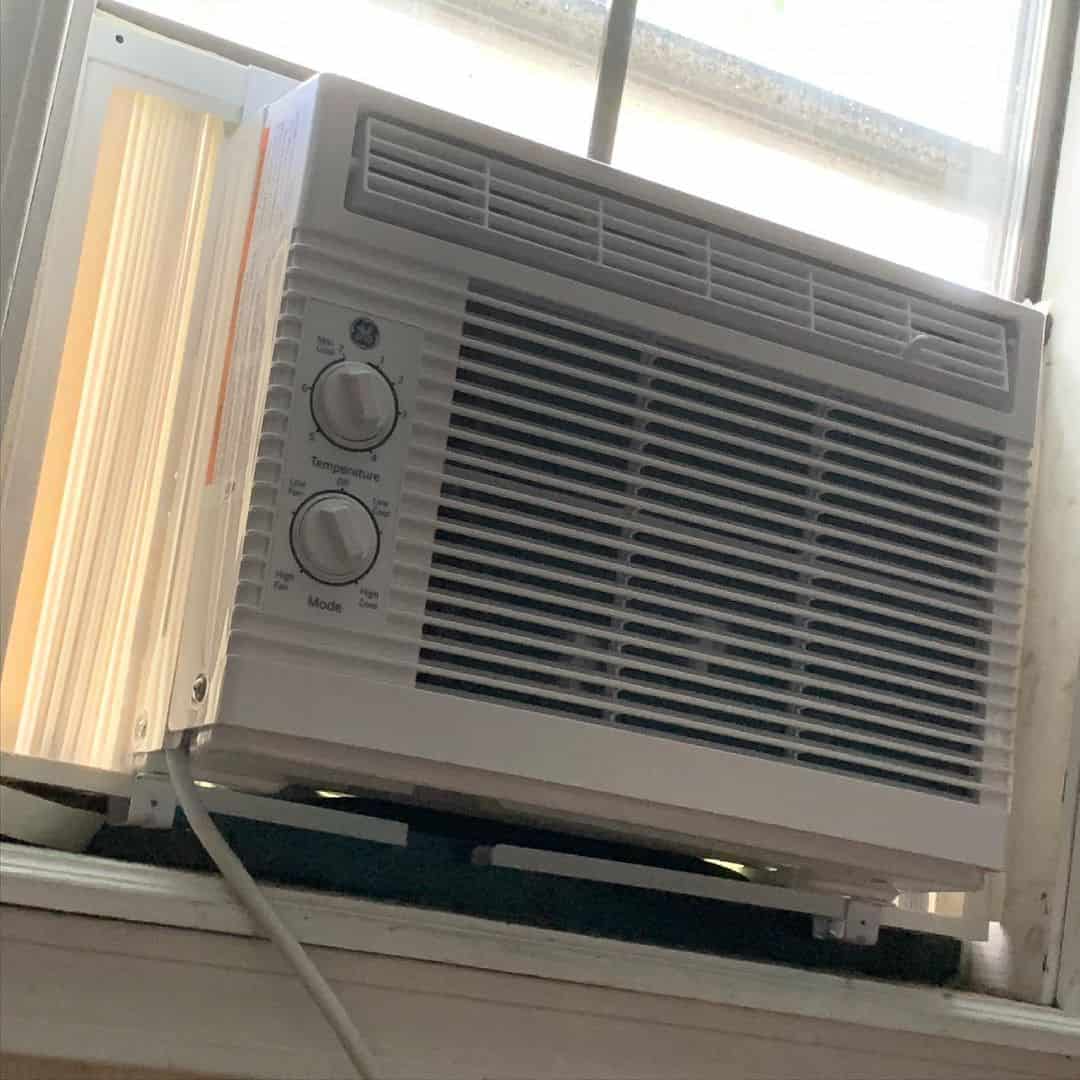
1. The drain pan is clogged.
If the drain pan that carries away water from your unit’s condenser is clogged, it will cause your AC to leak. This can be caused by dirt or debris collecting in the drain line, which can also prevent water from being sucked out of the unit by gravity.
2. The refrigerant lines are broken or disconnected.
The refrigerant lines connect your air conditioner to the outdoor unit and help move coolant throughout the system. If these lines are broken or disconnected, it will cause your AC to leak because there will be no way for coolant to travel through those channels into and out of your indoor unit.
3. There’s a hole in one of the cooling fins on your indoor coil.
If you have a hole in one of these cooling fins, it will cause coolant to seep into other areas of your home and onto carpeted floors or other surfaces inside where it shouldn’t be when running properly at all.
4. A loose clamp can also cause an AC leak.
This can happen if someone installs your AC system incorrectly or if you use too much force when tightening the clamps down during installation.
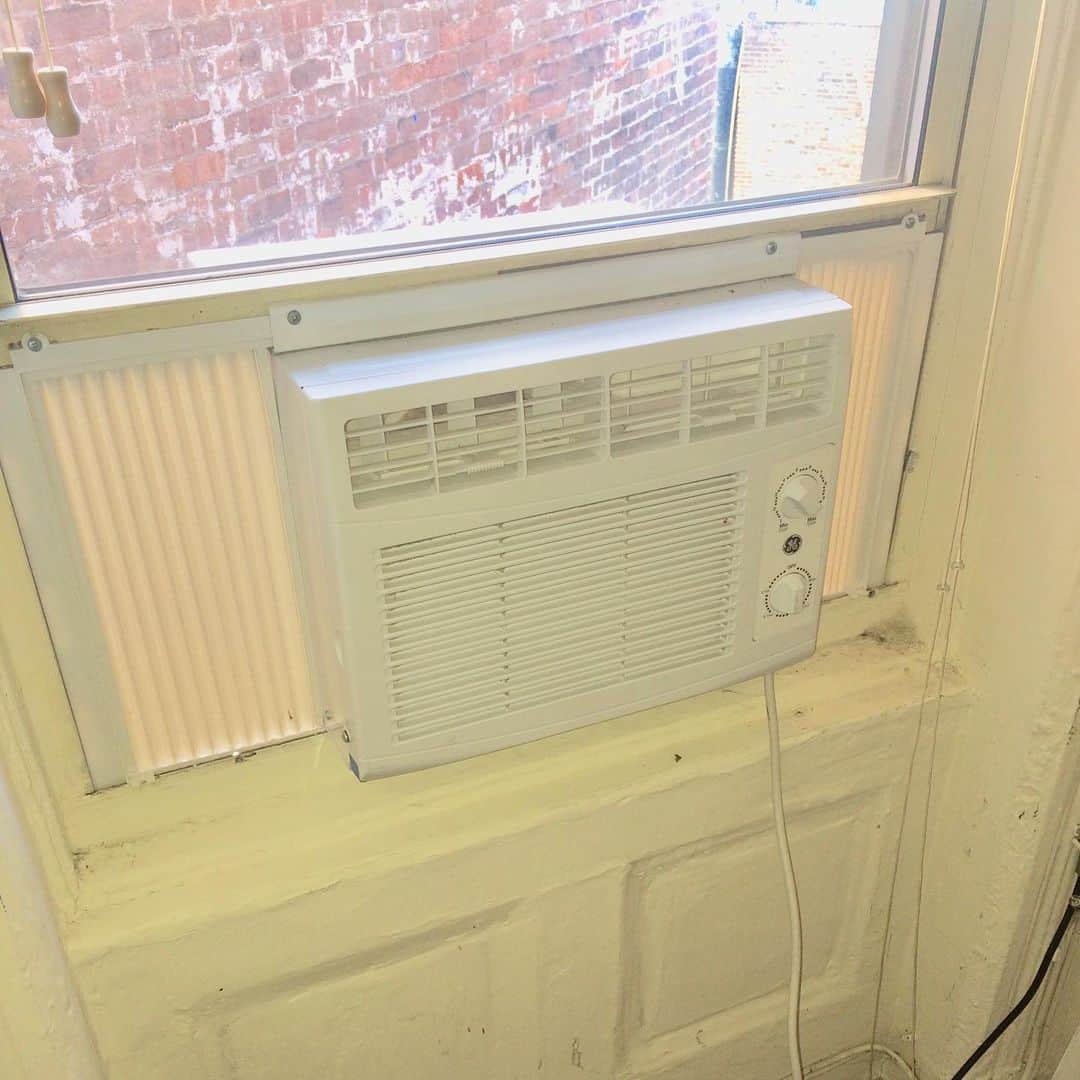
How to Fix A Leaking AC Unit
Here’s a quick guide on how to fix your leaking air conditioner unit. You can also watch this Youtube video below to better assist you.
- To fix a leaking window AC, turn off the power to your window AC.
- Use a screwdriver to remove the cover on the front of your window AC.
- Remove any dirt or debris with a vacuum cleaner.
- Check for any cracks in the coil fins or holes in the air filter. If you find one, replace it with a new one.
- Put everything back together and turn on your window AC again!
If none of these steps work for you, we suggest contacting a professional for further assistance with fixing your AC unit.
So to answer the questions again: can you use your window AC Unit when wet during rain? Will it be dangerous?
The answer is yes; you can use a window AC unit when it’s raining out; it doesn’t harm your unit. Lightning strikes and falling tree branches are different cases, so always take extra precautions. Also, you should be careful not to let any water enter the unit. It’s better to use a window AC unit with a built-in drip guard to prevent water from entering the exhaust vent.
If your window AC unit has no built-in drip guard, you can always cover the exterior with plastic wrap or a garbage bag before running it outside. This will help keep the rain out of the exhaust vent while still allowing air to flow through the unit.
But remember: you cannot use any electrical appliances if it’s soaking from inside and outside! That is very dangerous.
Conclusion
In short, yes, you can use an AC window unit when wet—at least in the sense that it won’t immediately ruin the unit. It’s not recommended that you run it while wet due to concerns about mildew and mold growth. It would be best to wait until it dries out before using it again.
Otherwise, if you use the AC unit while it’s still wet, it’s better not to have the vents anywhere near your sheets or pillows to avoid any of that gross moldy-sheet smell.


